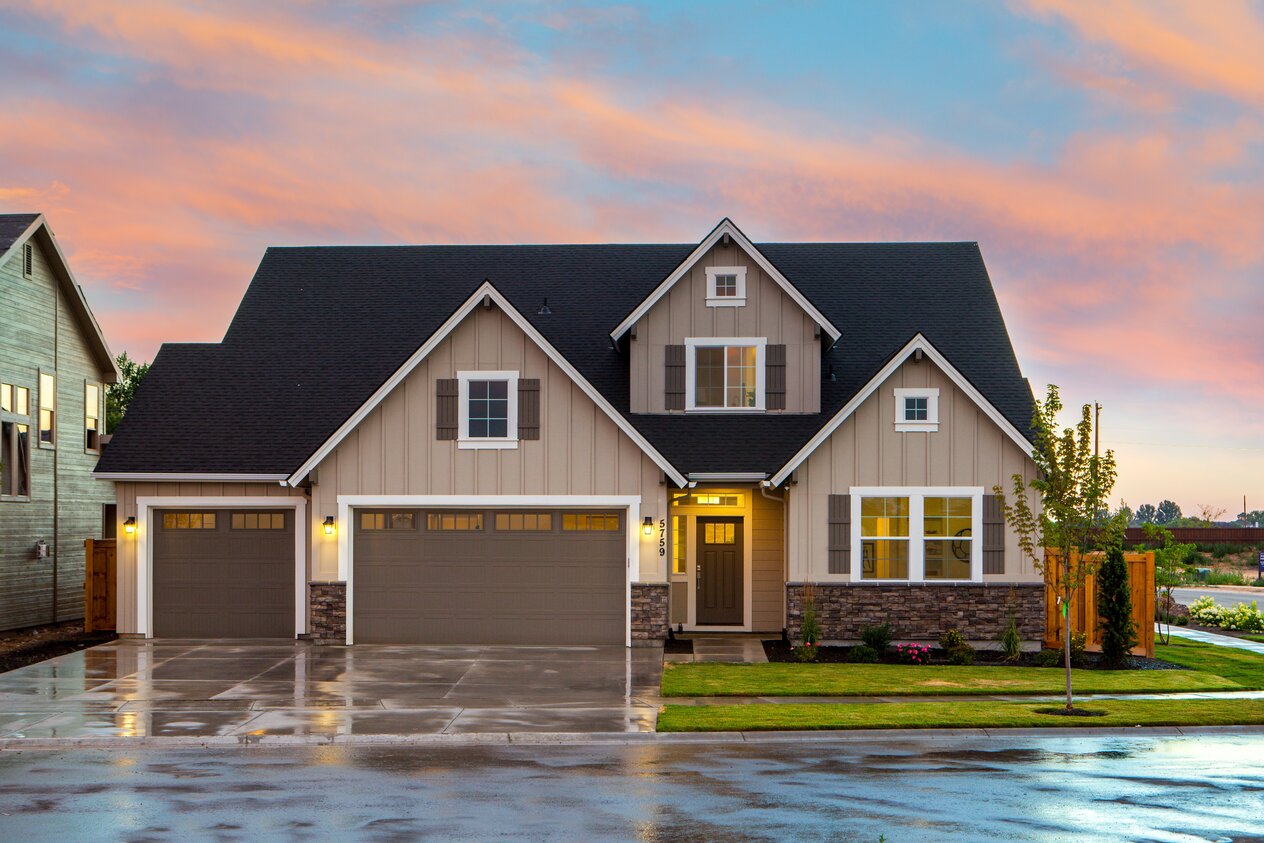People equate summer with travel or long weekends at a vacation home. A summer house is an excellent investment, especially if you are fond of visiting a particular town or city during the holidays.
Second properties, though, should be adequately insured. Since you won’t be staying there for most of the year, you won’t be around to ensure that it does not get damaged from natural disasters or similar problems. Here are a few questions you should ask when shopping for homeowners insurance for your vacation home.
Will I get a secondary home endorsement?
Endorsement will save you money, but the coverage level is not as extensive as what you will get from a separate policy. Areas prone to hurricanes, brush fires, and floods are likely to get a lower coverage level. Costs and coverage levels vary among companies, so it is crucial to speak with your agent to know what is available to you.
Do I need coverage for drain and sewer backup?
Often, home insurance policies exclude damage from sewer or drain backups. Pipe damage is tricky, but it can be even more so in vacation houses. Since your home can go unchecked for months, the damage might creep and cause more widespread issues. Get an insurance rider offering this type of protection for your home.
You should also have a caretaker for your vacation house or at least someone to check the premises occasionally. Have preventive maintenance measures in place so you can catch early signs of wear.
Does my insurance cover outbuildings?
Some summer homes have boathouses and sheds, which are not attached to the main house but are on the property. For the most part, buildings like these are covered by home insurance policies. However, many companies impose limits on the coverage amount.
Typically, coverage is only up to ten percent of the vacation home policy. If you insure your house for $150,000, you would receive $15,000 to cover these structures.
Does my home insurance cover my boat?
Like with outbuildings, standard insurance plans might cover small boats to a certain extent. For larger vessels, you should have a separate boat policy that covers damages and liabilities. Similarly, jet skis and wave runners would also need a different insurance policy.
Boats and watercraft typically get one of two types of cash-out for insurance claims—actual value or agreed amount value. Actual cash coverage is more affordable because it pays you the depreciated rate of your loss. Meanwhile, agreed amount value offers better protection and return on investment.
Are there different requirements for vacation homes?
Insurance is regulated at the state level, so you should know which rules apply in your vacation home’s locality. Your primary home’s insurance provider might not include your vacation home in the policy, especially if it is in a high-risk area prone to floods, fires, or hurricanes.
If you can, speak to your vacation home’s sales agent and see what type of insurance you can arrange for it.
Conclusion
Leaving your vacation house uninsured is like inviting disaster into your home. Since you will be away for most of the year, you should avail of an insurance plan for your second home. That way, you’ll have peace of mind knowing that you have done what you can to protect your property.
Do you have secondary home insurance for your Delray Beach vacation house? Protect your holiday home with Apex Insurance Agency. Get in touch with us today to learn how you can protect your home against natural and human-made disasters!




